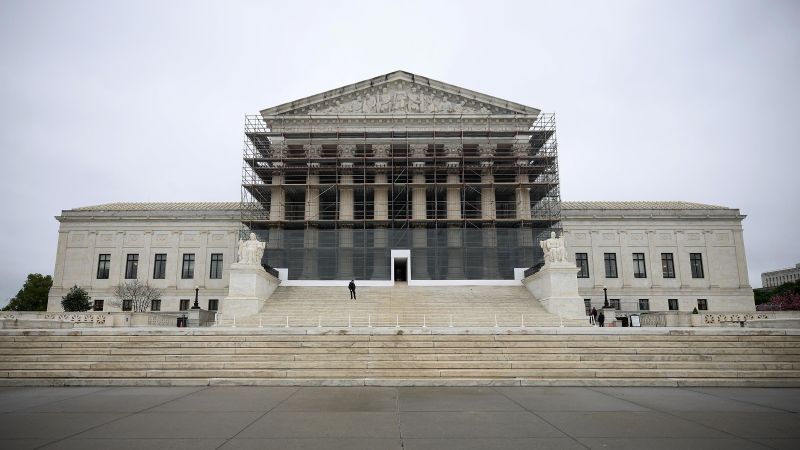On Thursday, the administration of President Donald Trump took a significant legal step by urging the Supreme Court to revoke deportation protections that have been temporarily preserved for a substantial number of Venezuelans. This situation stems from a decision made by a federal district court that has allowed over 300,000 Venezuelan nationals to remain in the United States under Temporary Protected Status (TPS). TPS is designed to offer refuge to individuals from countries experiencing crises, such as war or natural disasters, allowing them to stay and work legally.
The heart of the matter revolves around Homeland Security Secretary Kristi Noem’s earlier decision to terminate this form of humanitarian relief specifically for Venezuelan migrants. This contentious decision led a collective of Venezuelan nationals—who benefitted from the TPS protections—to mount a legal challenge against the Trump administration’s move. They have argued that Noem’s actions violate the Administrative Procedure Act (APA), which outlines required processes for federal agencies when enacting policy changes. Furthermore, they contended that her decision was not only unlawful but also stemmed from prejudicial motives tied to race and political affiliation.
In response to the government’s push to end TPS for Venezuelans, a federal district court in California took proactive measures by blocking the decision in late March. This ruling effectively paused any deportation proceedings against the affected Venezuelan nationals, ensuring that they could continue to live and work in the U.S. for the time being. The ruling highlighted the court’s recognition of the dire circumstances faced by individuals from Venezuela, which is currently grappling with a severe socio-political crisis and widespread human rights violations.
Furthermore, the 9th U.S. Circuit Court of Appeals backed the district court’s stance in mid-April, rejecting the Trump administration’s request to negate the order that upheld the TPS provisions. This continuation of protections received further reinforcement from the legal system, reflecting a growing awareness of the challenges that migrants from crisis-stricken nations face.
In an emergency appeal presented to the Supreme Court, the Trump administration characterized the lower court’s ruling as conflicting with essential executive branch powers. They claimed that the decision creates unnecessary delays in immigration policy implementation, an area they argue needs a flexible and rapid response. The administration insists that issues concerning immigration policy should be left to the discretion of the executive branch, emphasizing the need for a swift and adaptable approach given the political and humanitarian context.
This case marks the 11th emergency matter relating to Trump’s presidency to reach the Supreme Court, indicating a pattern of noteworthy cases that reflect the significant impact of his administration’s immigration policies. Other pending appeals involve critical issues such as the dismissal of board members from independent agencies, attempts to bar transgender individuals from military service, and contentious cases involving the removal of immigrants under the Alien Enemies Act.
Importantly, the Supreme Court has set a timeline, requesting a response from the lawyers representing the Venezuelan nationals by May 8. This indicates the urgency surrounding the situation and the need for a prompt judicial resolution that balances the administration’s immigration policies against the protections afforded to vulnerable migrant populations.
In conclusion, the ongoing legal battle over the TPS for Venezuelan nationals underlines the complexities inherent in U.S. immigration policy, highlighting the tensions between executive authority and judicial oversight. This situation reflects broader themes regarding humanitarian responsibilities, racial equity, and political motivations, raising essential questions about the balance of power within the government and the treatment of individuals seeking refuge from crisis. Legal experts and advocates for immigrant rights will closely monitor the proceedings tied to this appeal, as its outcome could set significant precedents for future immigration policy in the United States.



